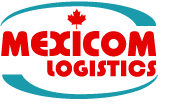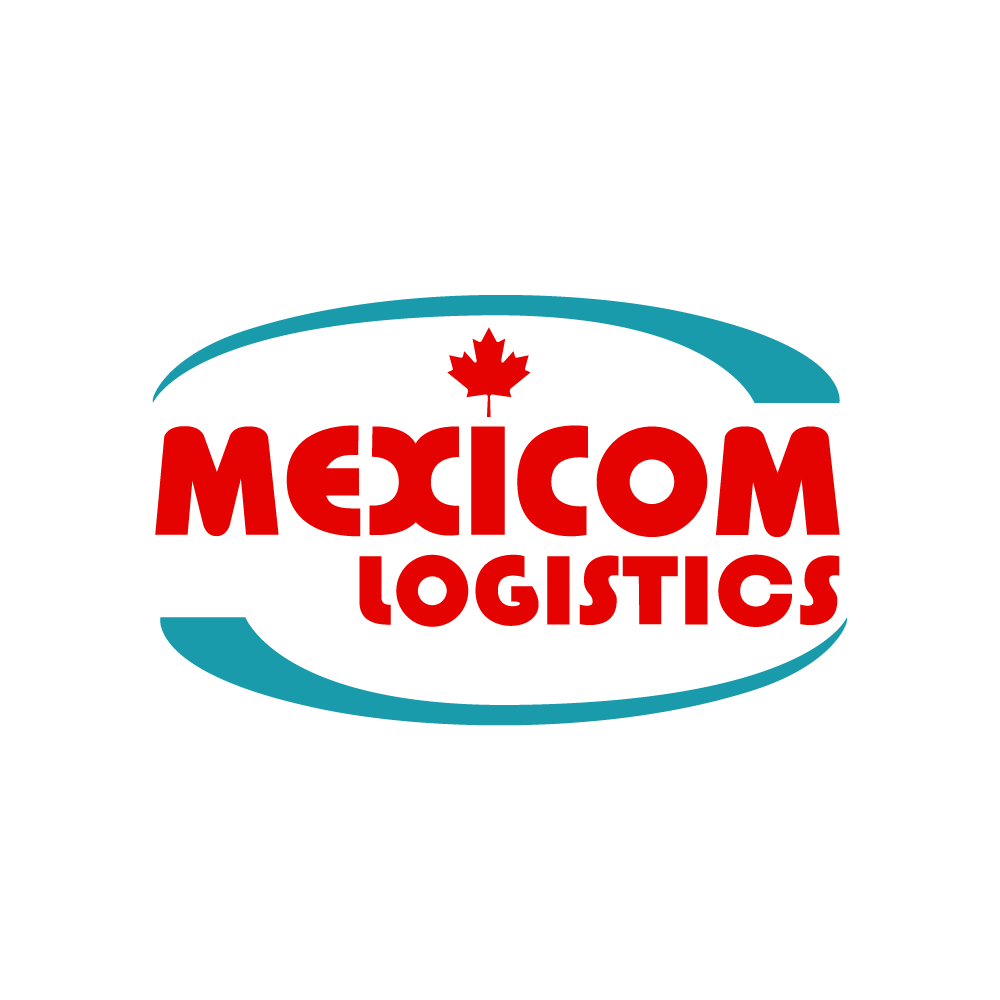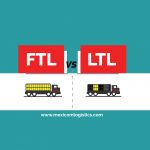Challenges on the upcoming global regulation in e-commerce
International regulations on foreign trade have not evolved at the same pace as electronic commerce or e-commerce. Cross-border e-commerce has grown exponentially in the last two decades, namely: international deliveries have tripled since 2000. However, there are no specific multilateral rules in the World Trade Organization (WTO) that regulate this type of trade.
In the meantime, the World Trade Organization seeks to initiate negotiations to establish global standards on cross-border e-commerce. The rules of commerce were written in a pre-digital era and, so far the companies that make e-commerce are governed by patched rules and bilateral or regional agreements between some countries.

The new global rules framework in e-commerce would represent benefits such as: addressing the barriers that prevent cross-border sales and creating an environment of trust for the consumer. However, in these negotiations towards a global regulatory framework, there are some challenges and problems to face:
1- The definition of e-commerce and the activities included in the concept as well as the rules and the classification of the products and services, taking into consideration that some products can be delivered electronically and also physically.
2 – The approach that will be given to the rules to allow all countries -both developed and undeveloped- enjoy the benefits of economic development linked to e-commerce. In this sense, the WTO has to take into consideration topics such as the access of the underdeveloped countries to the technological infrastructure necessary for the practice of electronic commerce, the development of human resources capacities, investment levels, the digital barriers, etc.
3- The understanding of the particular trade practices in each country.
4-Monitoring the relationship between electronic commerce and traditional forms of commerce.
5- The fiscal implications, application of taxes and other charges derived from electronic transactions.
Sources:
http://trade.ec.europa.eu/doclib/press/index.cfm?id=1974
https://thehustle.co/world-trade-organization-e-commerce-cross-border/file:///C:/Users/15145/Downloads/W436.pdf









